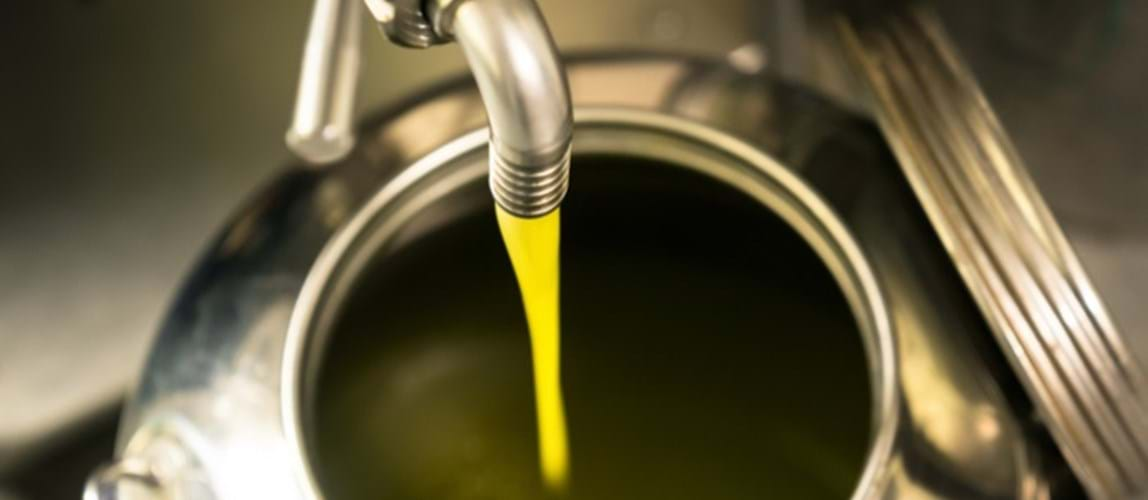Palm Oil Processing
Get to know palm oil

Introduction to POPSIG
POPSIG was set up to view that the palm oil industry can benefit from more chemical engineers working in the industry. This is evident in the downstream oleochemical industry, where most chemical engineers in the palm oil industry work. Chemical engineers here apply their knowledge and skills to make the processes safer, more sustainable and energy-efficient, and upscale and design from R&D breakthroughs. Our goal is to kindle the interest of chemical engineering graduates and at the same time encourage the industry to employ more chemical engineers in upstream and downstream activities. View the video here >>
Palm oil on global scale
Palm oil is the most widely consumed vegetable oil on the planet. We see in our foods, cosmetics, body creams, soaps, and cleaning products. Approximately 2.3 billion people worldwide rely on palm oil as an important part of their food supply. With the global population expected to surpass 100 million by 2021 and a record of 117 million by 2030, consumption of oils and fats will continue to rise (EPOA, 2020).
Processing and products
The palm oil supply chain is made of upstream and downstream processes. The supply chain begins upstream, where fresh fruit bunches are harvested. The fresh fruit bunches are transported to the palm oil mills, where palm oil extraction takes place. These fruit bunches are first sent to the sterilisation station in the palm oil mill. Here, low pressure and high-temperature hot water steam is added to remove the flesh from the shell and kill bacteria/enzymes. After the palm fruit is sterilised, the palm fruit will be sent to the threshing station to separate the fruit from the spikelets . Next, the fruit is crushed into pulp through a pressing machineto extract the crude palm oil. In the downstream, the obtained crude palm oil is further processed, purified and dried to produce useful products.
Health Benefits
Palm oil offers several benefits:
- A rich source of vitamin E isomers
- Minimal loss of vitamin E after deep frying
- Improve vitamin A status
- Protect brain functions
- Reduce heart disease risk
- Vitamin E in palm oil presents in the form of tocotrienols and tocopherols
- Tocotrienol-rich fraction modulates biological processes that can potentially delay the development of Alzheimer’s disease
Misperceptions of palm oil
Palm oil recently garnered widescale attention towards its sustainability. However, palm oil has several key advantages in terms of sustainability. It is certified by the Roundtable of Sustainable Palm Oil (RSPO). Moreover, palm oil requires only one-tenth of land compared to other crops to meet the world's growing demand for vegetable oils (Oil World, 2019). The World Wildlife Fund's 2021 deforestation reported a decline in palm oil deforestation rates in Indonesia and Malaysia. This is because the government initiatives in Indonesia and Malaysia introduced No Deforestation, No Peat and No Exploitation commitments (NDPE). View RSPO's video addressing accurate information about palm oil here>>
Opportunities for palm oil industry
The industry is in a good position to transition its operations to achieve net-zero emissions and a circular economy. The industry has actively sought to utilise biomass for downstream applications. Current downstream applications include:
- biomass in plantation areas for nutrient recycling
- on-site biomass as solid fuels for steam boilers
- direct export of biomass as biofuel bring low value to the industry
- wastewater effluent streams from palm oil mills are fitted with biogas capture plants, turning waste into energy
These applications and other new applications need to be promoted in the future to improve the sector's sustainability. These opportunities make palm oil an exciting and ever-evolving industry for young chemical engineers to contribute. Many of these activities require process integration, optimisation, hazards analysis, systems thinking, which are skills often synonymous with the expertise of chemical engineers. Chemical engineers can contribute to improving the sustainability of the palm oil industry.
The opportunities above motivate POPSIG to highlight and advocate sustainable practices in the palm oil industry, especially in sustainability, responsible production, and consumption. Therefore, POPSIG will focus efforts in line with IChemE's priority areas such as responsible production, digitalisation, and hazards management in the palm oil industry.